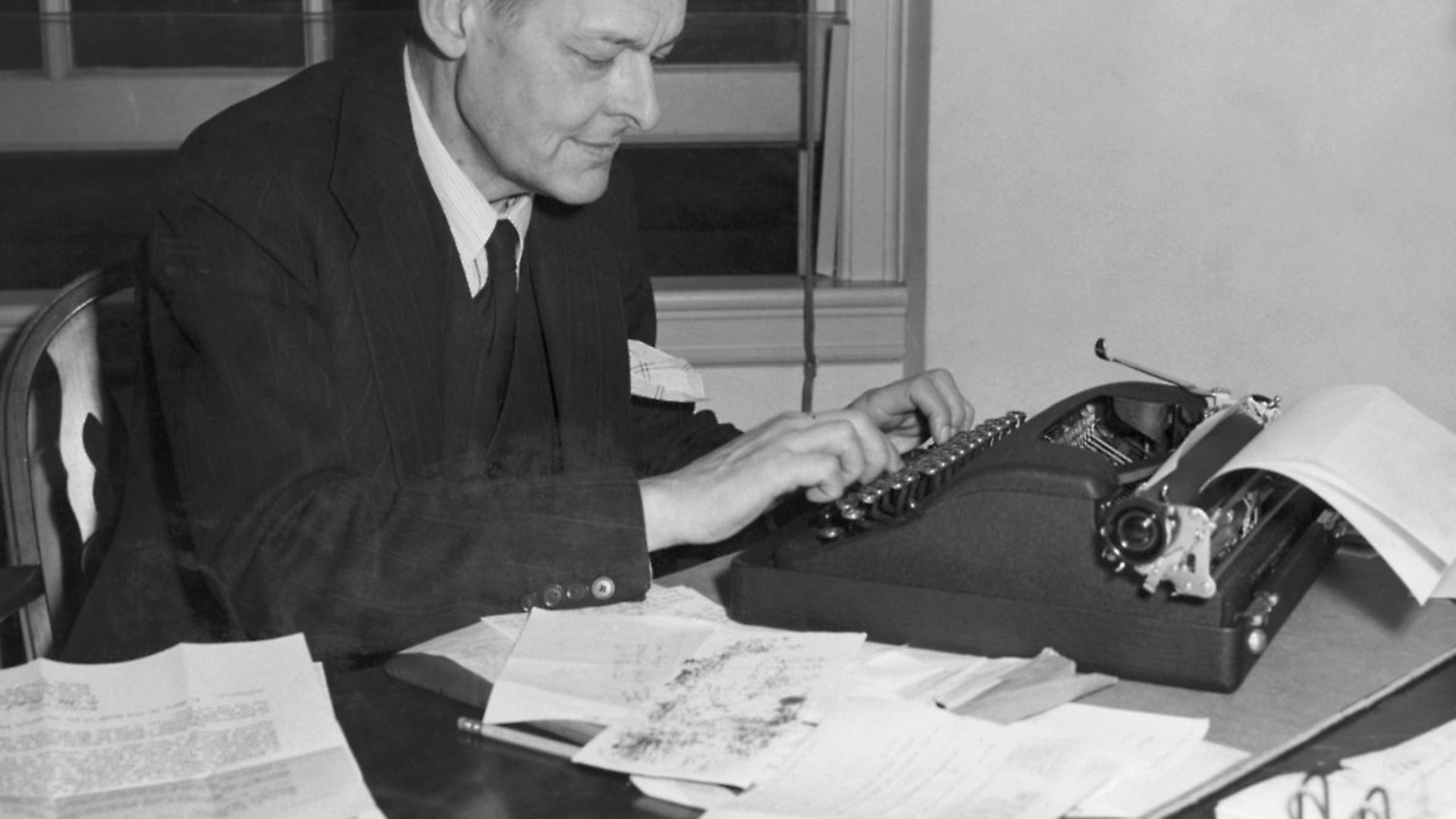
The ripples of the empire still have a huge impact on our lives, writes WILL SELF, but the coincidences of cultural memory make us who we are.
You don’t have to be an Anglophile American, such as T. S. Eliot, who got his jollies by transmogrifying into an arch-English cultural conservative (and Brexiteer avant la lettre), in order to find that at the end of all your exploration, you have indeed arrived back at where you started, yet feel as if you’re knowing the place for the first time. Nor do you need to be some Euro-bogey-philosopher, such as Nietzsche, in order to become preoccupied by recurrence and repetition as the universal leitmotif, bringing meaning to human lives again… and again.
Running into Luigi Di Lieto and his family once more is clearly my own – admittedly picayune – hand-cranking of this great wheel of fortune. My younger sons grew up eating pizza from Luigi’s oven – at that time his premises were on the South Lambeth Road, some two minutes walk from our front door. About 10 years ago he shut up shop. I did hear tell he’d opened another delicatessen-cum-pizza bakery in the vicinity, but I didn’t know precisely where, until a year ago, when I found that, completely by chance, I’d moved to a flat about 50 yards down the street from it.
I was in the new, improved establishment the other morning, and asked Luigi whether he could recommend the Macinato Fresco espresso coffee, vacuum-packed bricks of which were ranged by the till. He said something dismissive, about how such ascriptions are purely to do with marketing – then went on to recall how, as a kid, he’d go with his dad to visit other Sicilian families who had coffee bars and restaurants; and how some of them would joke that you could just bung a blob of mayonnaise on some pasta and the dumb English punters would snaffle it up.
Luigi hastened to assure me of what I already knew: that he and his family had never had that attitude – but recalling the pureed spag bol I used to be served by soi-disante trattorias in the 1980s, I remarked on how almost every immigrant community in Britain has done the same thing to its notoriously gourmand host-population. Timothy Mo wrote a great novel, Sour Sweet, about precisely that: the way Chinese restaurateurs in Britain invented a cuisine that fused their own rich heritage with the dull palates of their customers – while the unholy miscegenation which led to that great India-Anglian dish, chicken tikka masala is well attested to – as is the invention, by Bengali chefs, of vindaloo: curry so hot no self-respecting South Asian would go near it; curry designed, some might argue, only to liberate the costive bowels one associates with high Victorian imperialism.
What goes round does indeed come round: a return of the excremental repressed which is the cultural legacy of us all. The British empire practiced its so-called ‘martial races’ policy, impressing to its colours those subjects of the Queen Empress they believed to be particularly warlike – and also transported Gujarati and Punjabi families to Africa and the Caribbean, on the grounds they were better suited to be the merchant and bureaucratic classes than the indigenes. The results of these great fluxes and refluxes are still rippling about me here in the redbrick ocean of inner-London suburbia.
Near the old Di Lieto’s is Mahindra’s convenience store, and next to this is a pharmacy run by Jitu. I once asked the former about the latter, and Mahindra explained that when he’d taken over the lease on his shop, back in the late 1970s, he found Jitu already in situ next door – which was something of a shock, because as it happened they’d grown up next door to each other in an apartment block in Nairobi. Both their families had, of course, been driven out during the inter-communal problems following independence – but, by the same token, neither family would’ve been in Kenya in the first place, nor subsequently in South London, were it not for that empire beloved to this day by all right-thinking Brits.
Our weird preoccupation with the apparent singularity of our vision, combined with a sense of the Heraclitean nature of all existence, lead us to be surprised by such coincidences in proportion to how unlikely we consider them to be. But the truth of the matter is we’re creatures of habit, so in thrall to our prejudices we cannot even see them as such. Surely, one of the most pernicious of these is our inclination to rely on coincidences to propel the plots both of fictions and our lives. In Oliver Twist, the eponymous hero arrives in London, and the first person he runs into is his grandfather – so it is we look for similar (re)occurrences with which to garnish the big bowl of repetition we’re all served up with. I would’ve told old Thomas Stearns, given the chance – but I’m sure he would’ve heard it all before.










